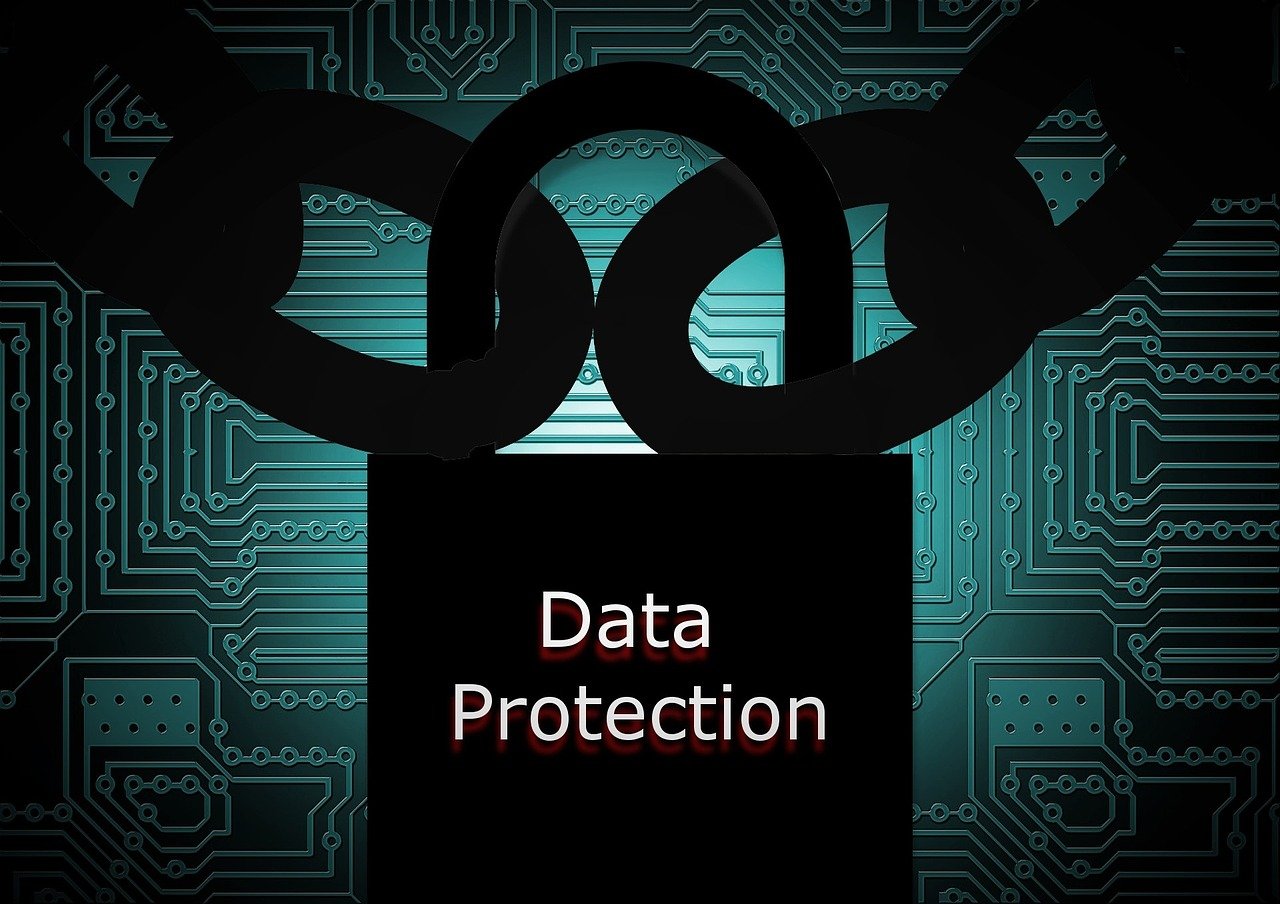
In an era where data drives nearly every aspect of our lives, safeguarding personal and business information has become paramount. From social media accounts to corporate databases, data privacy plays a critical role in ensuring that sensitive information remains secure and protected from unauthorized access. Breaches not only threaten financial stability but also erode trust, leaving lasting reputational damage.
For businesses, robust data privacy practices are not just compliance requirements—they’re a competitive edge in a world increasingly concerned with security. For individuals, these measures are the front line of defense against identity theft and fraud.
This article explores six key roles that data privacy plays in securing personal and business information, providing actionable insights to help you fortify your digital and organizational boundaries. Let's get started.
Protecting Sensitive Personal Information from Identity Theft
In today’s interconnected world, personal information is constantly being shared, whether through online shopping, social media, or professional platforms. Without stringent data privacy measures, sensitive details like social security numbers, bank account information, and medical records can fall into the wrong hands. This opens the door to identity theft, which can have devastating financial and emotional consequences.
Encryption, secure access controls, and regular monitoring can significantly reduce these risks. Businesses must implement strong privacy policies to protect their customers' data, demonstrating a commitment to security and building trust. Individuals, too, should be cautious about sharing their information and use tools that enhance personal data security.
Strengthening Business Reputation and Customer Trust
Data breaches can cripple a business's reputation, leading to lost customers and plummeting revenues. Companies that prioritize data privacy demonstrate their commitment to safeguarding their customers' information, fostering trust and loyalty. A robust data privacy framework includes transparency in data handling, compliance with legal regulations like GDPR, and frequent security updates.
When customers know their data is safe, they are more likely to engage and share their information with confidence. On the other hand, a single breach can undo years of relationship-building. Proactive privacy measures help businesses not only comply with laws but also establish themselves as trustworthy brands in a competitive market.
Minimizing Data Exposure
Data brokers collect and sell personal information, often without explicit consent, leading to increased exposure to privacy risks. This can include sensitive details like addresses, contact numbers, and browsing habits, which may be exploited for malicious purposes.
To protect personal and business information, managing data broker exposure is crucial. As seen at sites such as https://incogni.com/, you can choose a data broker coverage to streamline the process of identifying and removing your data from these brokers’ databases. Such proactive measures help individuals and businesses regain control over their information, reducing vulnerability to breaches and unauthorized use. Businesses, in particular, can safeguard customer data by addressing this often-overlooked privacy concern.
Reducing Risks of Cyberattacks and Data Breaches
Data privacy plays a vital role in protecting businesses from cyberattacks, which are increasingly sophisticated and targeted. Hackers exploit vulnerabilities to steal valuable data, often leading to financial losses and operational downtime. Companies must adopt advanced security measures like multi-factor authentication, regular security audits, and encrypted storage systems.
By implementing robust data privacy practices, businesses can significantly reduce their exposure to breaches. Employees also play a crucial role; regular training on cybersecurity best practices ensures that the organization remains vigilant against threats. A proactive approach to data privacy is essential to safeguarding against malicious activities and maintaining operational integrity.
Empowering Individuals to Control Their Personal Data
Data privacy empowers individuals to decide how their information is collected, stored, and shared. With growing awareness about online security, users are increasingly seeking control over their data. This includes opting out of data collection, managing cookie preferences, and understanding privacy policies before sharing information. Businesses must respect these choices by implementing clear and user-friendly privacy practices.
Providing tools for data access and deletion not only complies with regulations but also fosters goodwill among customers. Empowering users builds a transparent relationship and reduces risks associated with data misuse. After all, informed customers are more likely to trust companies that prioritize their data rights.
Mitigating Financial and Legal Risks for Businesses
Data breaches are not just damaging to a company’s reputation but also come with significant financial and legal repercussions. From compensating affected individuals to paying regulatory fines, the costs of a breach can be staggering. By investing in robust data privacy measures, businesses can mitigate these risks. Secure systems, regular compliance checks, and updated privacy protocols ensure that sensitive information is protected.
Moreover, these measures act as a safeguard against potential lawsuits and liabilities. Businesses must view data privacy not as an expense but as a necessary investment in long-term sustainability, enabling them to operate confidently in a digital landscape.

Data privacy is essential for protecting personal and business information in an increasingly digital world. From preventing identity theft and cyberattacks to ensuring compliance with regulations, robust data privacy practices not only secure sensitive data but also foster trust and reputation. Businesses must prioritize these measures to mitigate financial, legal, and operational risks. At the same time, empowering individuals to control their data reinforces transparency and customer loyalty. By embracing data privacy as a critical component of security, organizations and individuals can safeguard their information and thrive in a digitally connected environment.









